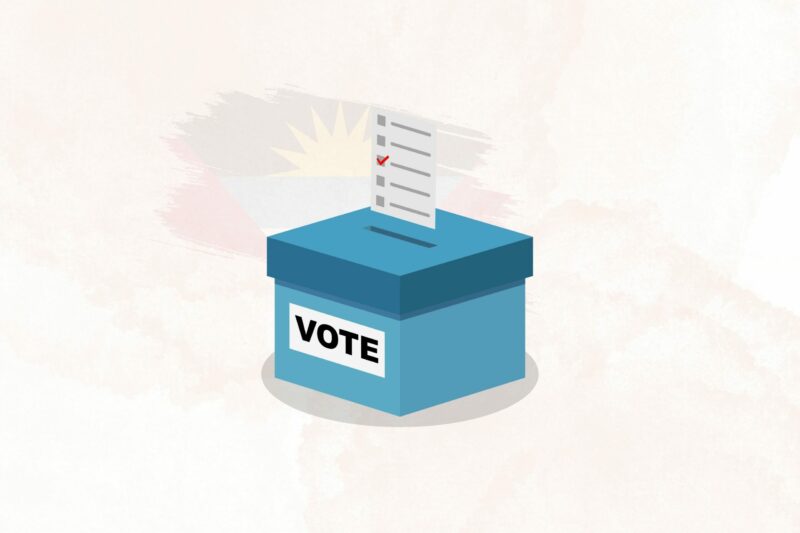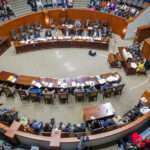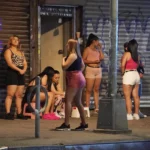
By Kieron Murdoch | Opinion Contributor
On Tuesday, January 14, 2025, Rawdon Turner was elected as the Member of Parliament for St. Peter by an overwhelming majority in a by-election sparked by the death of his predecessor. We congratulate Mr. Turner on his victory. We hope that he will be a strident and effective representative for his constituents.
We find ourselves questioning what the job of an elected representative is though. One should be able to say that the job of an elected representative in Parliament is to represent the interests of their constituents in national policymaking in the legislature and to see how best they can solve local problems by raising and coordinating various resources.
We are somewhat worried however that the understanding of the role of a representative has been skewed over the past several decades by the politically corrosive habit of patronage – so skewed in fact that we as residents no longer fully appreciate the fact that a representative is not simply sponsor or a sugar daddy.
So accustomed have we become to the new social contract that says that citizens submit to the lawful authority of the state in exchange for nothing more than patronage, while turning a blind eye to maladministration by those who govern, that we no longer recognise what good representation is. These days, good representation is an MP who turns up with enough money to solve problems. Ask a child to describe a politician, and many will tell you that it is someone who drives a spiffy SUV and has money to help people – to pay a school fee or purchase a bicycle.
The actual traditional business of representation, which involves being an agent for your constituents in Parliament, and pushing policies that represent their political views and their interests is sort of lost in the reality that our assembly is a rubber stamp and that we mostly have no local government. With an assembly that does little and has no structural capacity to be a check on the executive, the role of an MP there naturally diminishes. Parliament is a periodic formality rather than a constant day-to-day job that absorbs MPs’ time.
And with no local administration to properly ensure that state-level agencies and services are adequately meeting local street-level needs promptly, the role of MPs as mini-governors naturally increases, nevermind that they do not have the legal, administrative, or budgetary framework to effectively operate in such a manner.
So what we have is an elected representative who is expected to better the lives of their constituents by effectively being a sponsor to families, schools, the vulnerable and social clubs where and when they need it, by leveraging their position to influence state-level agencies to improve works and infrastructure and to attend Parliament periodically when it is called.
The challenge created when we expect MPs to be sponsors is that it necessitates that they come to the people with a high level of financial capital. Pressure to secure financial capital often invites undue influence and corruption. It also robs the people of the chance to be represented by worthy candidates who had less money. It may also force candidates to raise the stakes, spending more and more to out-induce their opponents.
When it comes to leveraging their position to get public resources into their area, what we observe is that MPs in opposition will more likely have a harder time doing this. Any system which punishes citizens for voting against the party that formed the government is a compromised system that lacks integrity.
As such, we once more find ourselves advocating for actual local government authorities to be created, preferably with officers that are apolitical and bureaucratic rather than politically elected councils. If done sensibly, it would serve to create apolitical agents of the public service who are focal points for getting local issues solved with the help of staff, a budget, and a legal framework supporting authority. This is the sort of change we need in our system if we really want to experience a better quality of governance and administration and the better delivery of public services.
What we also need are MPs who are actually more active in Parliament, which is where they should be holding the leaders of APUA, Public Works, the Education Ministry, Solid Waste, the Transport Board, etc, to account for the state of the community water, electricity, roads, drains, schools, sanitation, waste collection, public transportation and the effective regulation of our communities.
We are doing things backwards. We have taken MPs away from being relevant in Parliament where they should be reviewing the performance of the central government. As such, the central government’s divisions and agencies go unchecked when the street-to-street needs of the local residents are not being met. Then we ask MPs to be mini-governors without any structure behind them – no real offices, staff, budget, or legal authority in their local area – and we are perpetually dissatisfied with the results.
We must understand that what we need more of is accountability, otherwise, the results will be the same no matter who we elect.
About the writer:
Kieron Murdoch is an opinion contributor at antigua.news. He worked as a journalist and later as a radio presenter in Antigua and Barbuda for eight years, covering politics and governance especially. If you have an opinion on the issues raised in this editorial and you would like to submit a response by email to be considered for publication, please email [email protected].






0 Comments